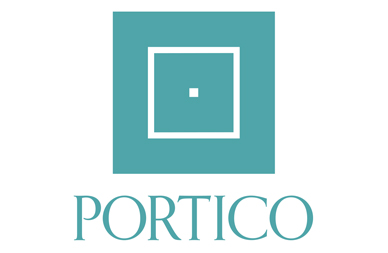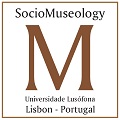Co-creating guided tours in memory spaces through hot interpretation: the case of the Memorial Museum of Exile
Abstract
According to the theory of hot interpretation, historical heritage linked to war conflicts can generate experiences that include emotion and the ability to establish dialogue and communication among people and groups related to present conflicts, all through cultural mediation. The current war in Ukraine has led to an exodus of refugees to other territories, such as Catalonia, which also has a historical past related to the experience of exile due to the Spanish Civil War. This research focused on adapting visits to the Museum of Exile (Spain) and the beach of Argelès (France) through a co-creation process with the aim of identifying the mediation strategies with the greatest impact on the visiting experience of Ukrainian people with direct or indirect experience of exile residing in Catalonia. First, the visit was adapted through a co-creation process with members of this community. Subsequently, two additional visits were conducted—one without changes and the other with modifications—with Ukrainian individuals, who qualitatively assessed the visit through a questionnaire. Months after the visit, a focus group was held to evaluate the results of the previous phase. The results suggest that personal testimonies, audiovisual material, and the expansion of context through the guide's explanations were key new elements in allowing participants to achieve a greater understanding and empathy with the history.
Key words: cocreation, cultural mediation, heritage experience, hot interpretation, memory spaces
Downloads
Authors retain copyright and grant the journal right of first publication with the work simultaneously licensed under aCreative Commons Attribution License that allows others to share the work with an acknowledgement of the work's authorship and initial publication in this journal.













